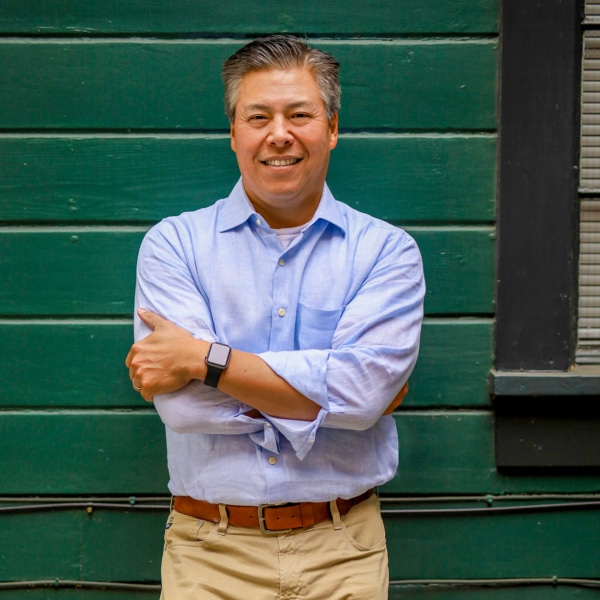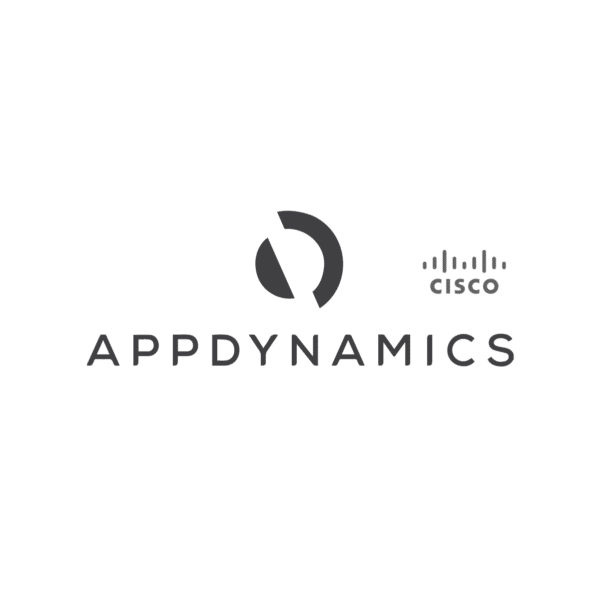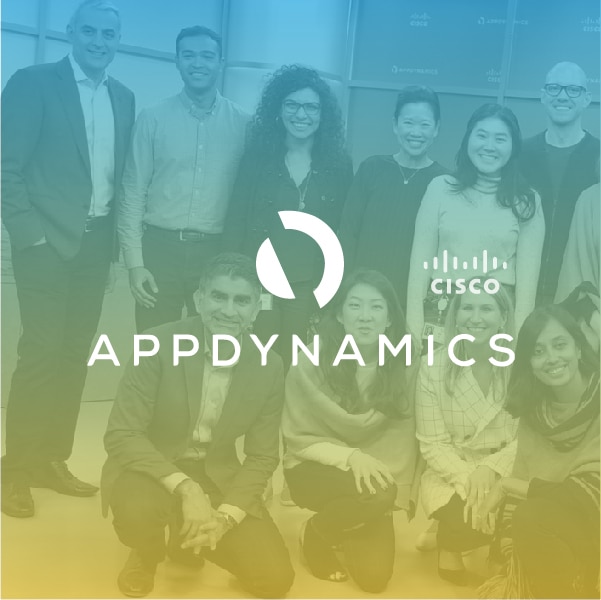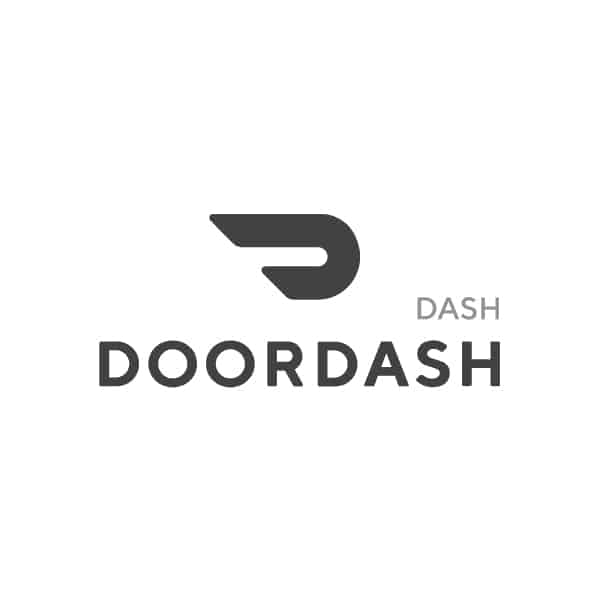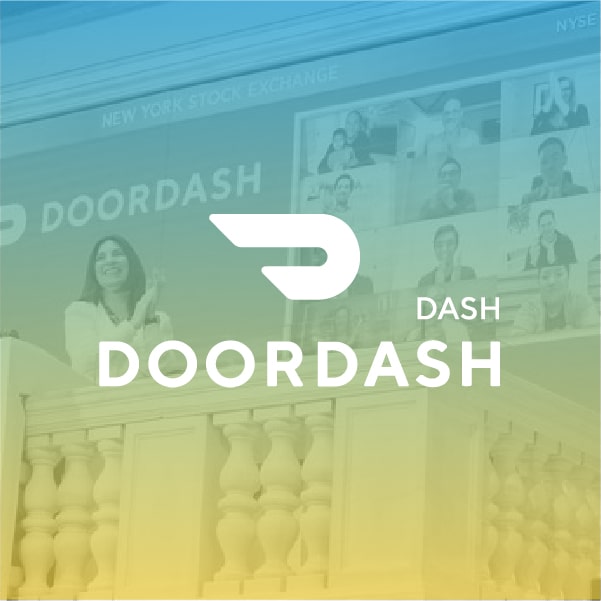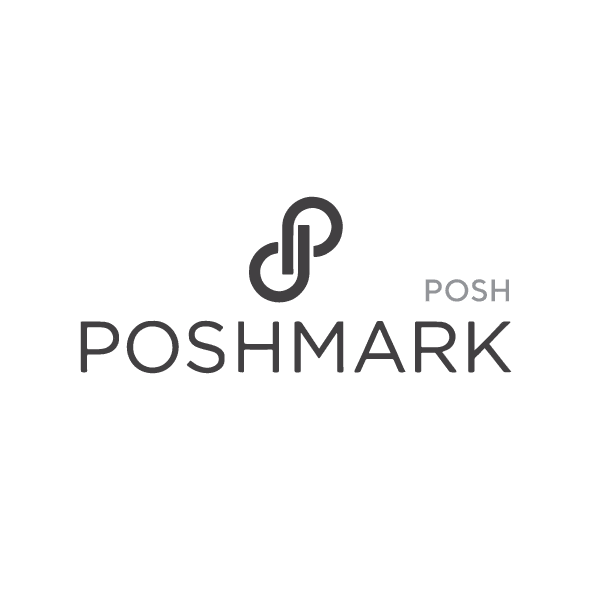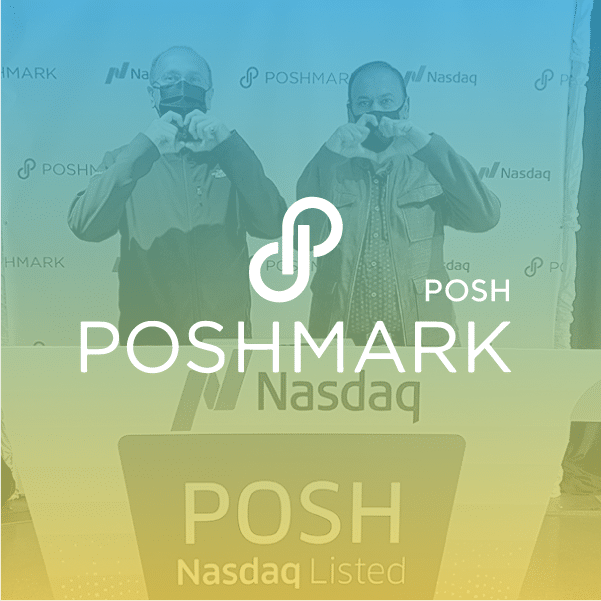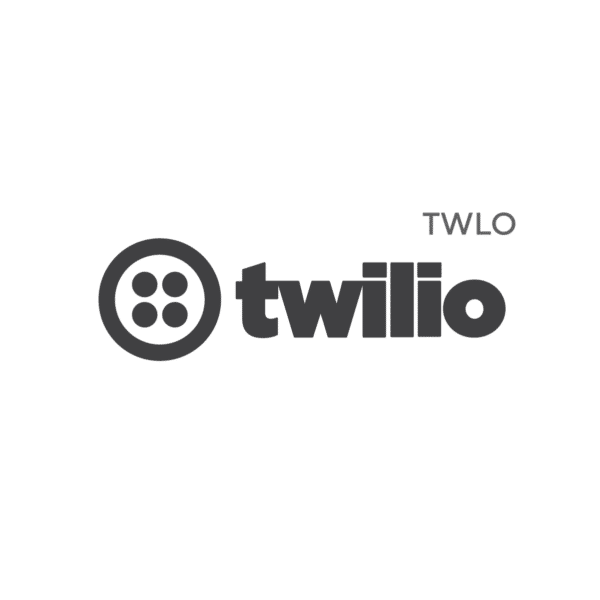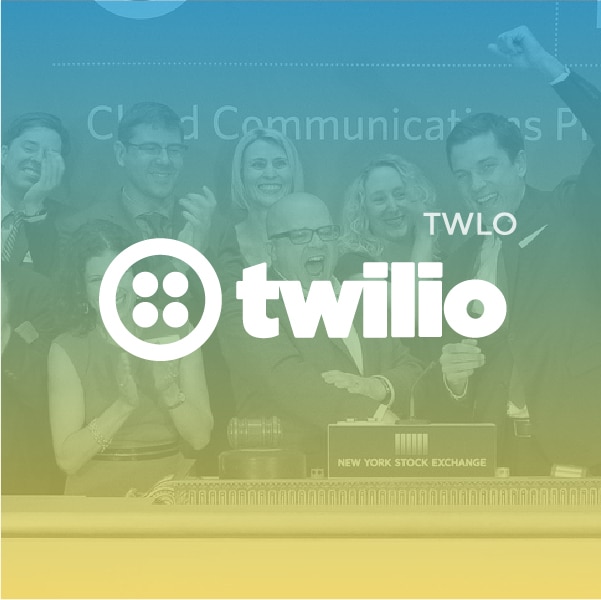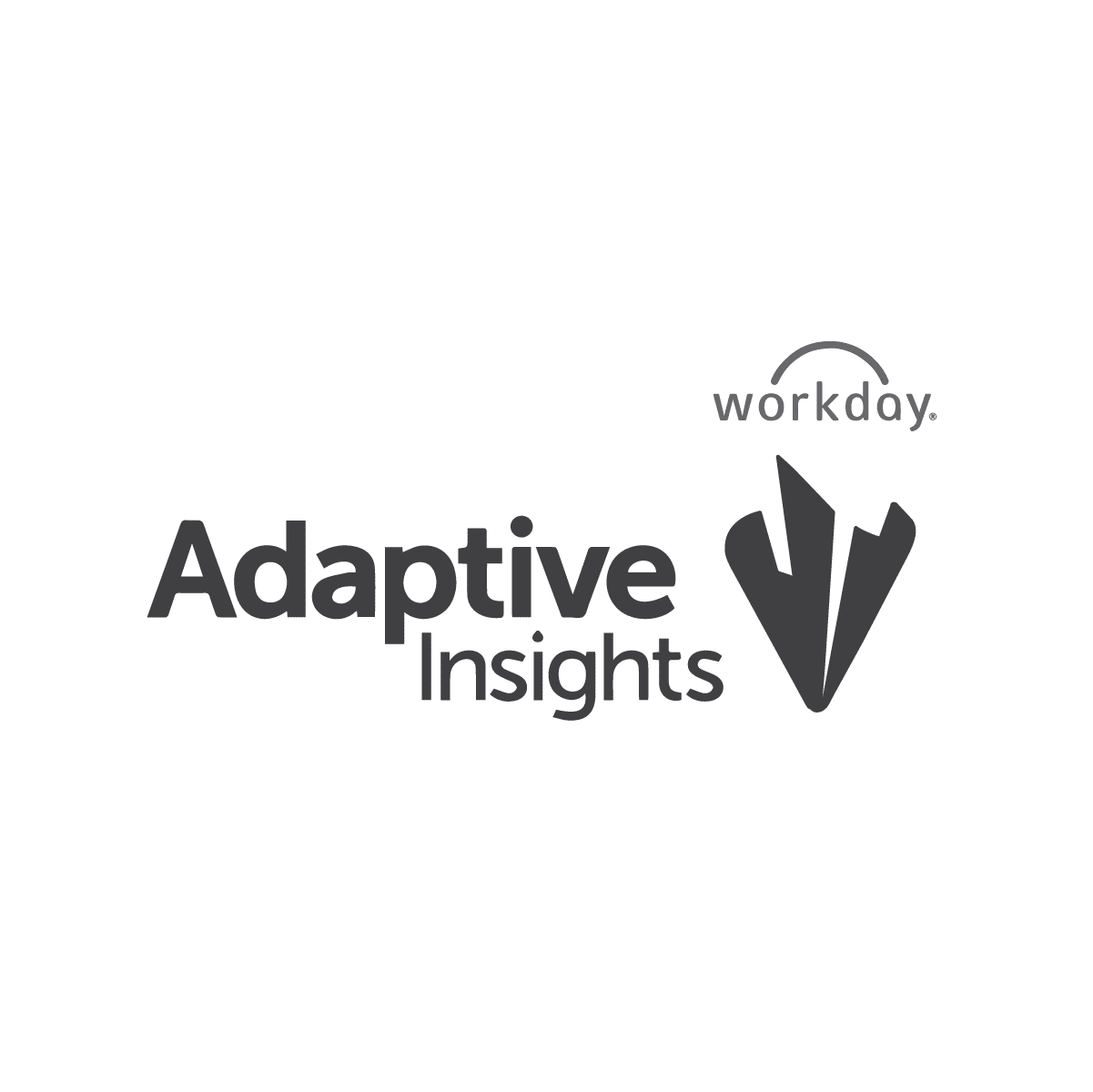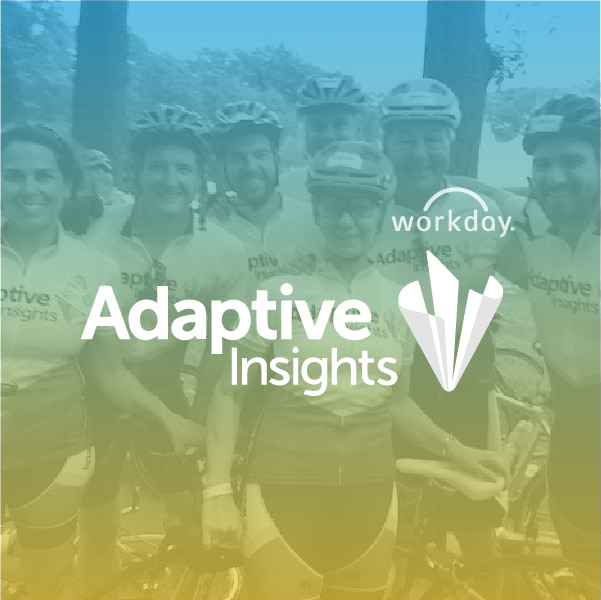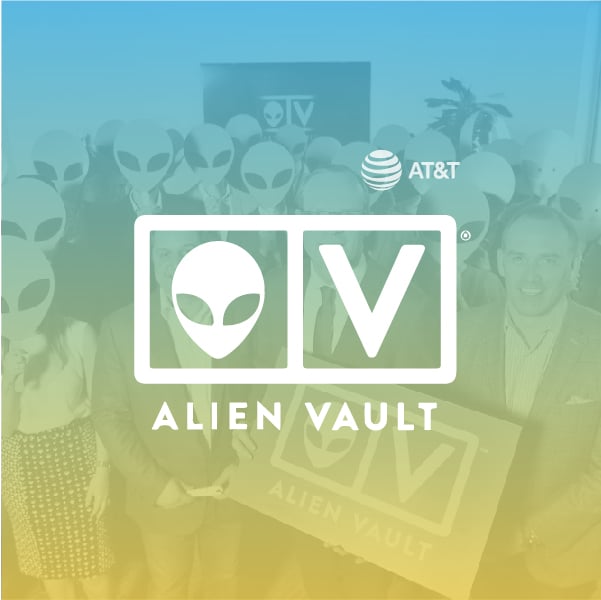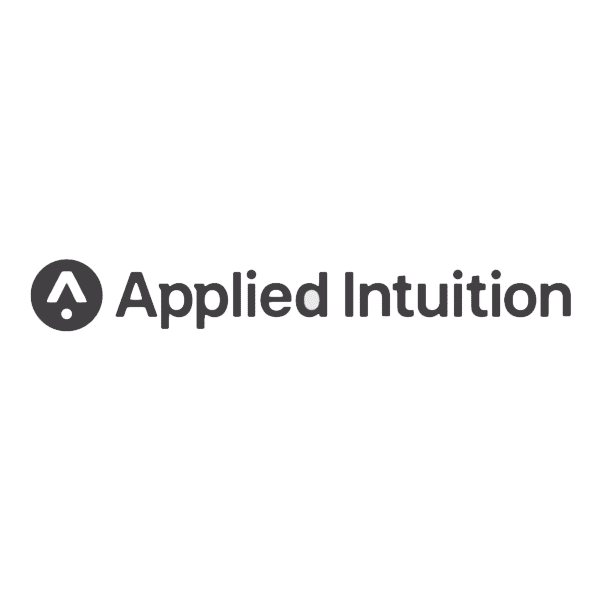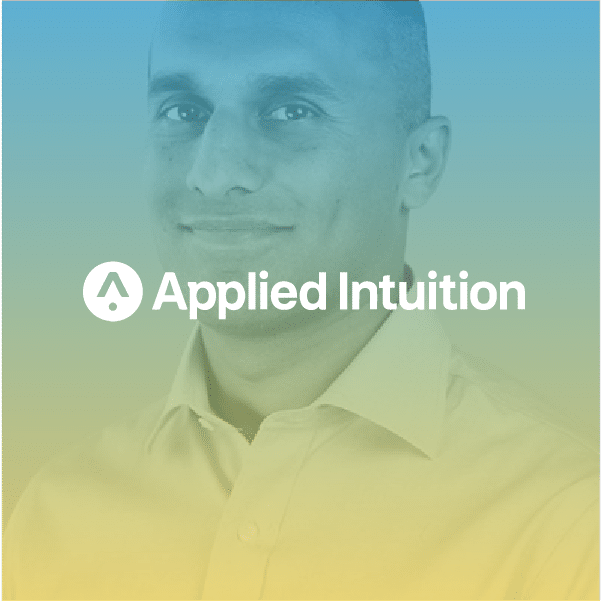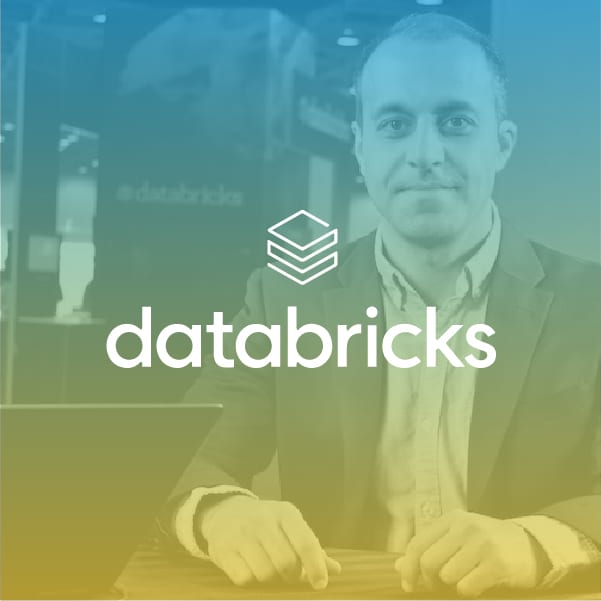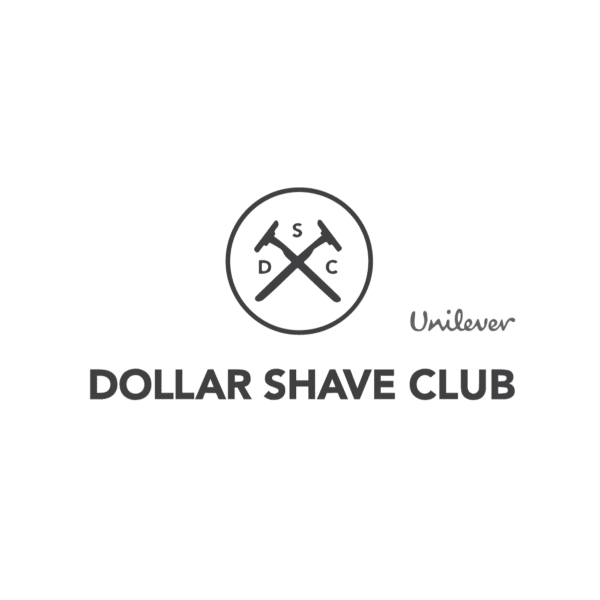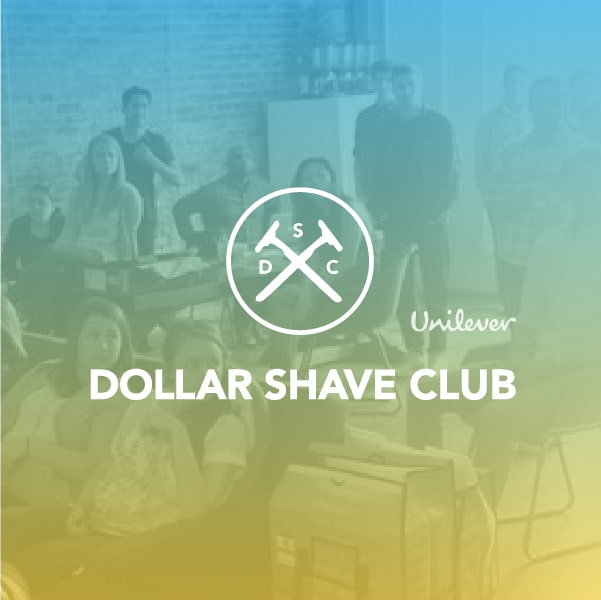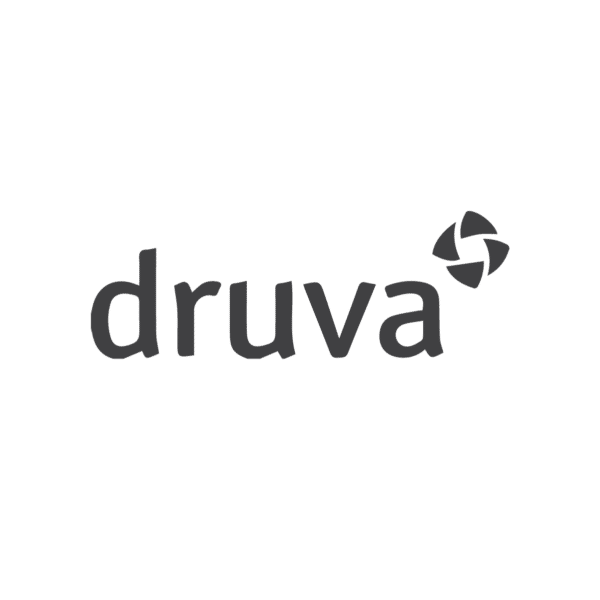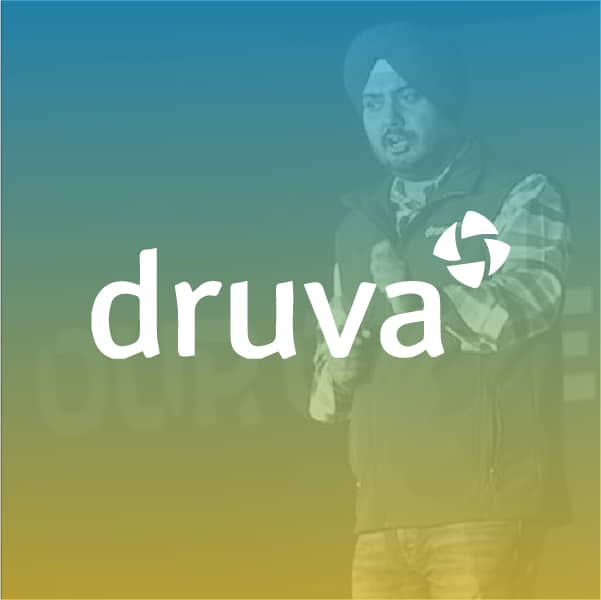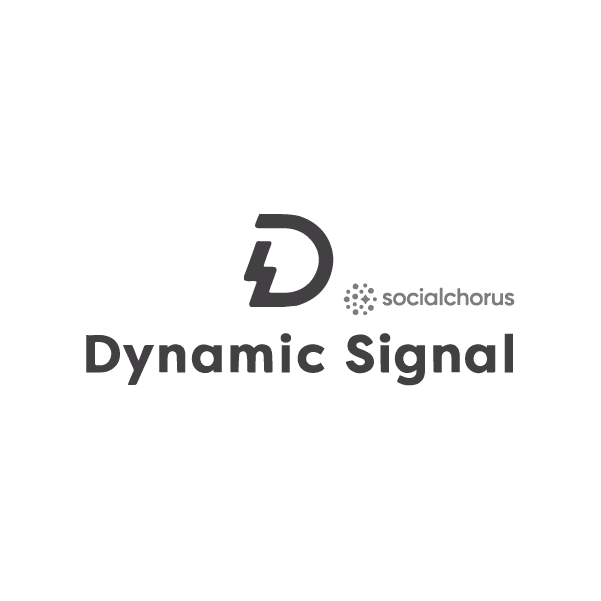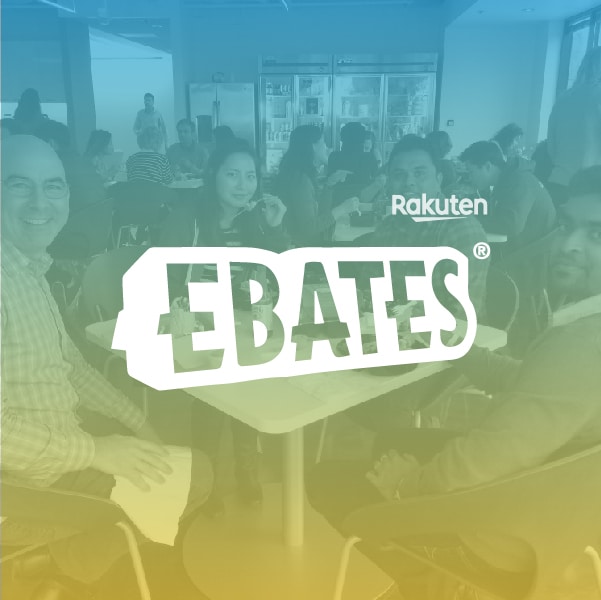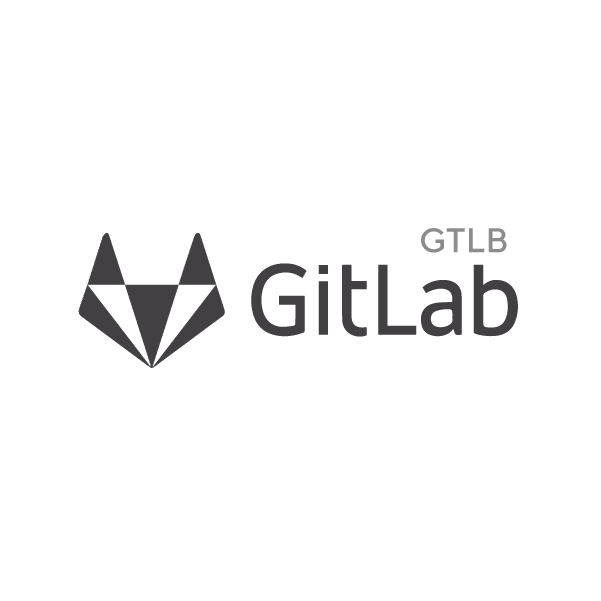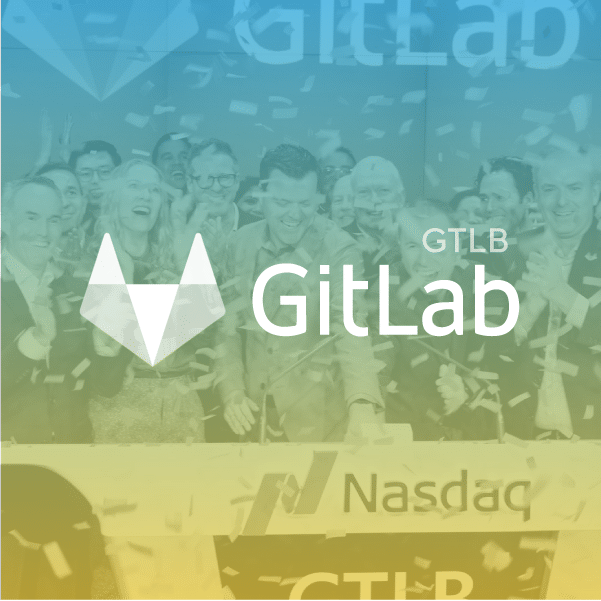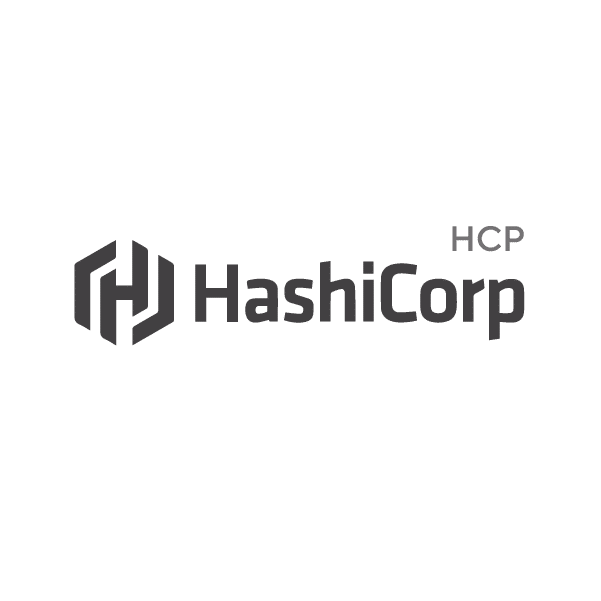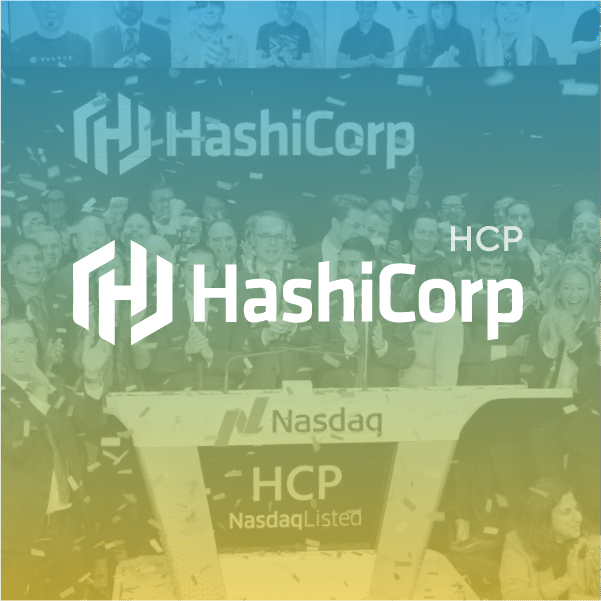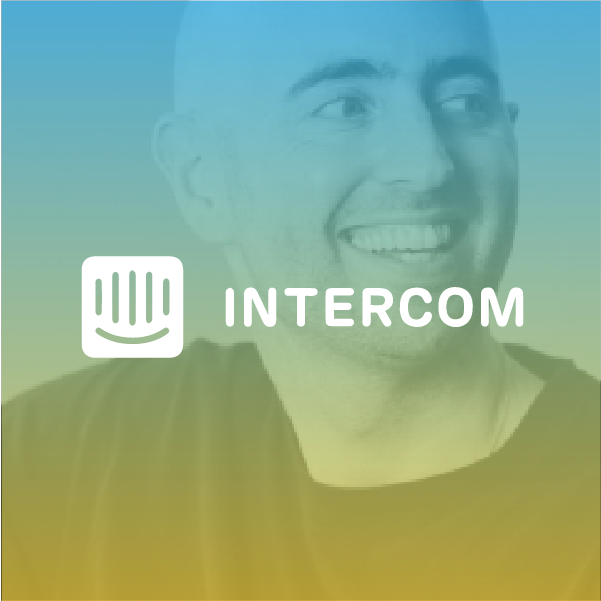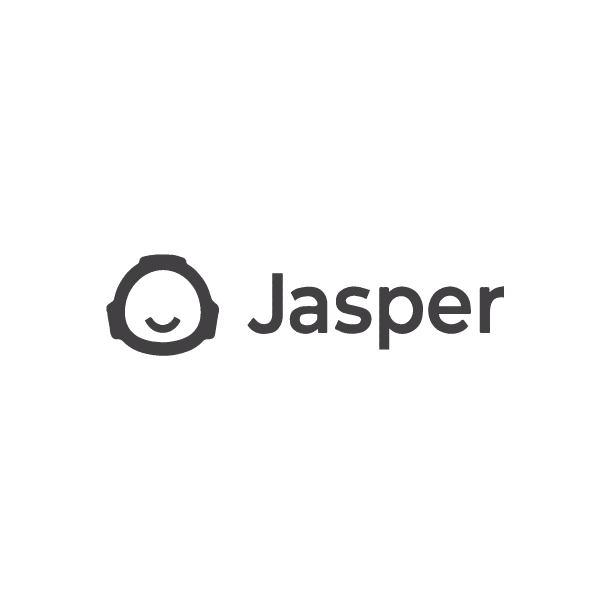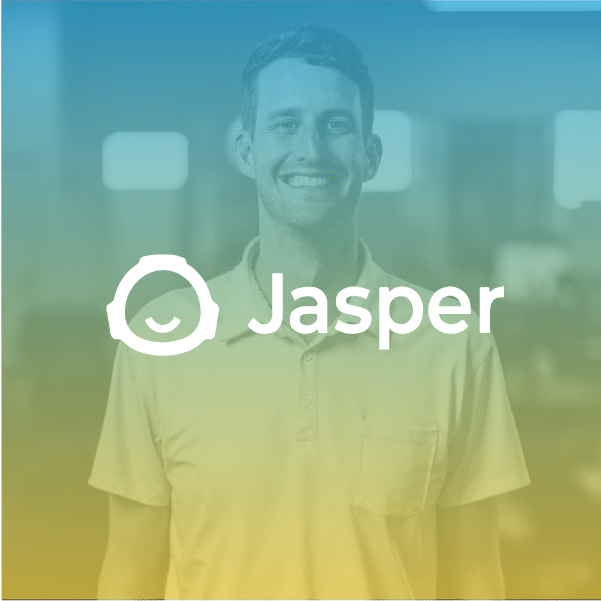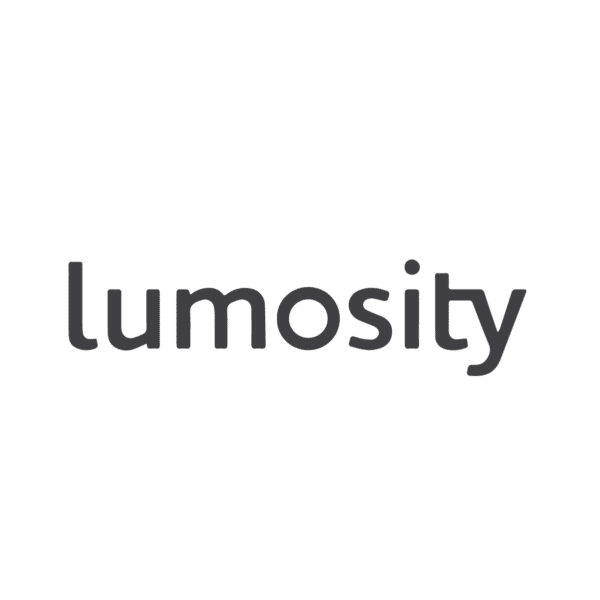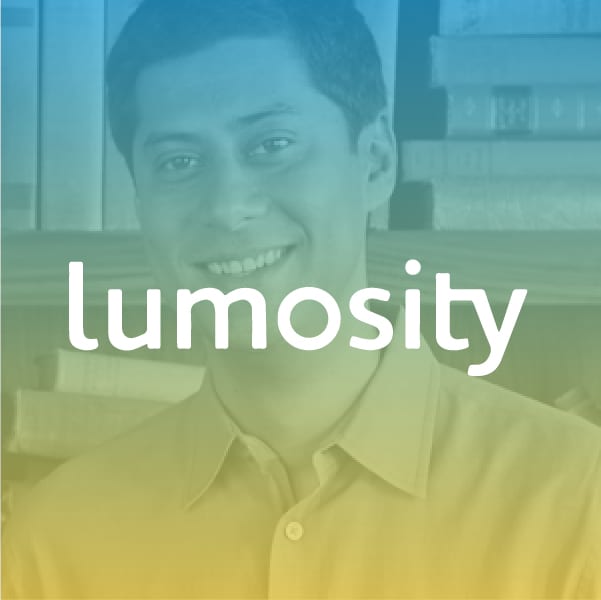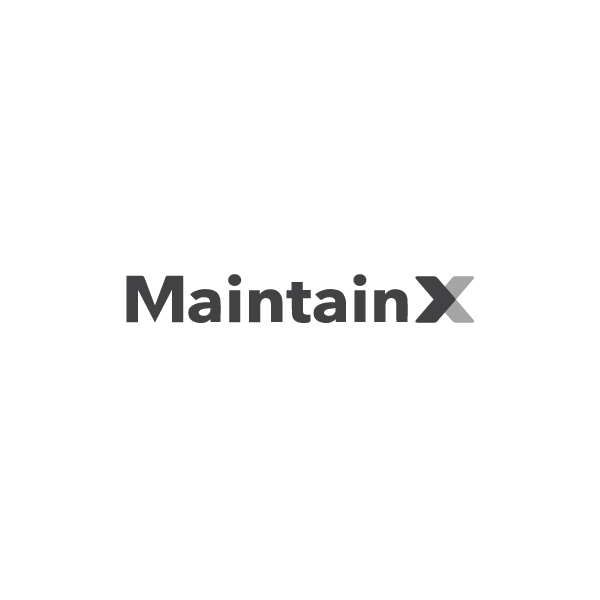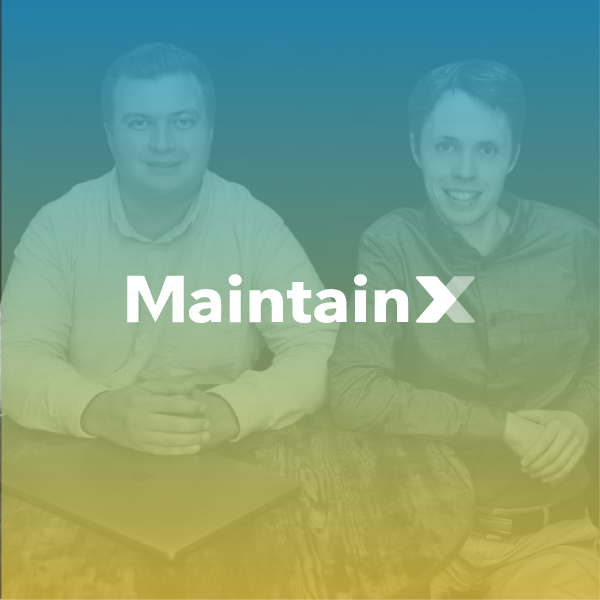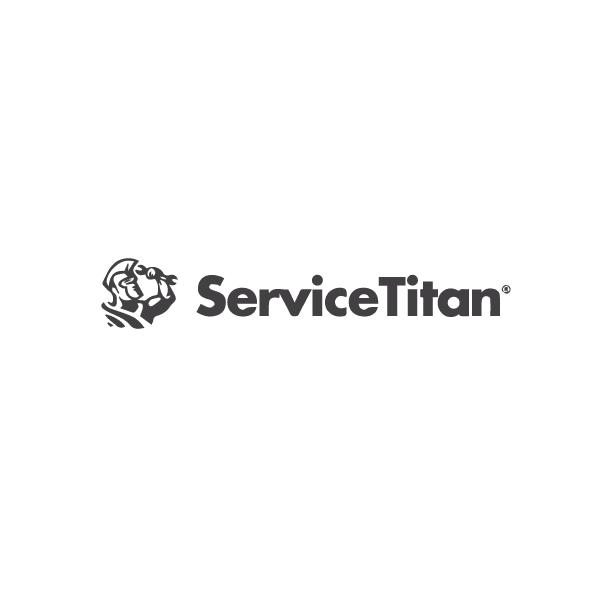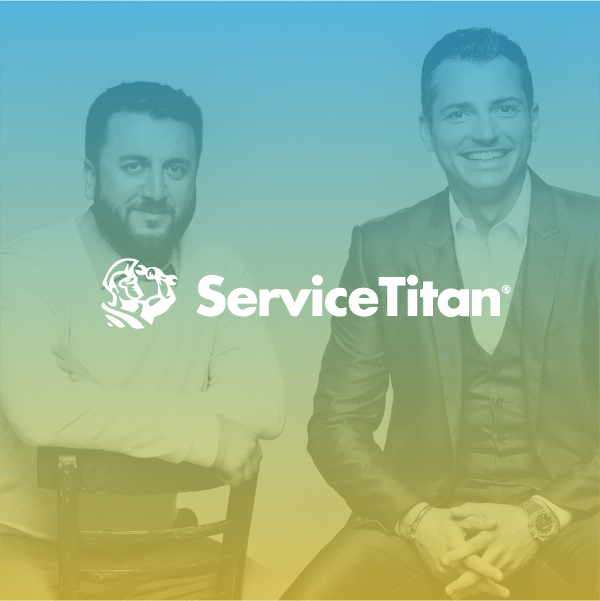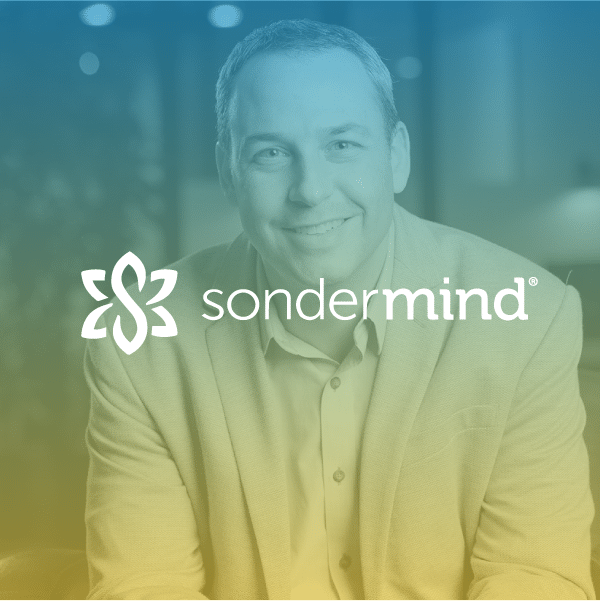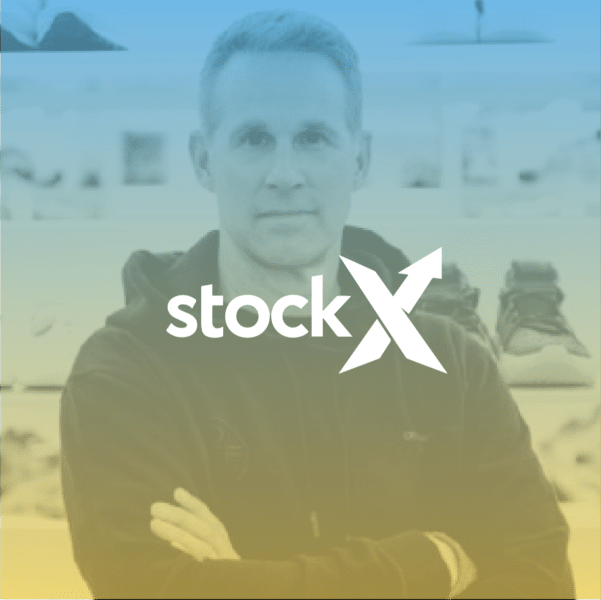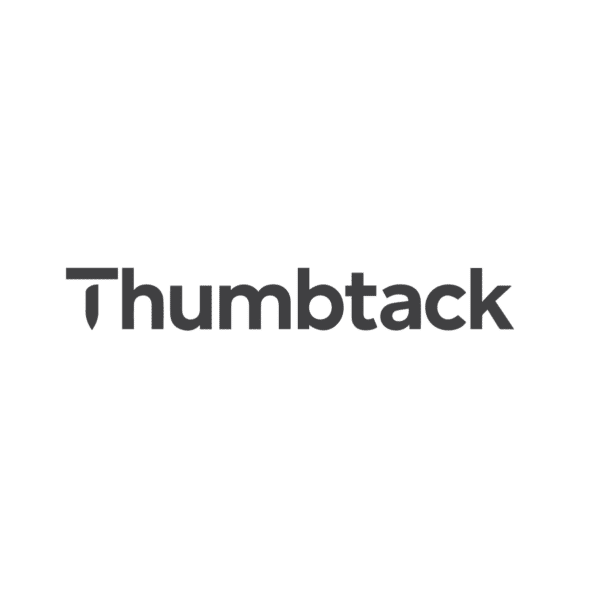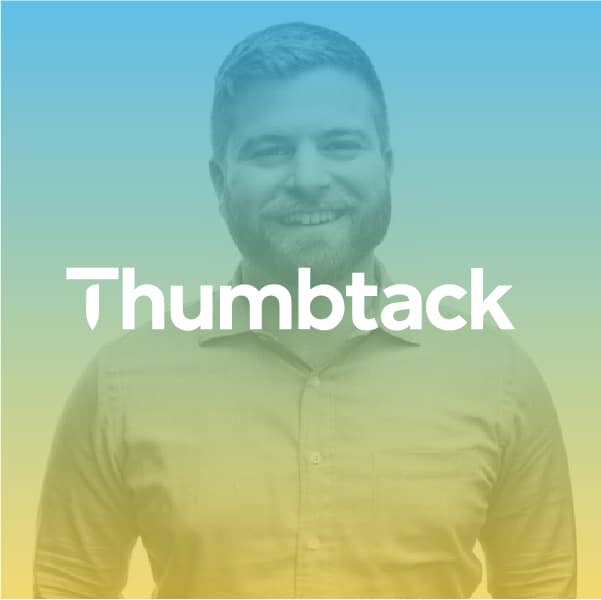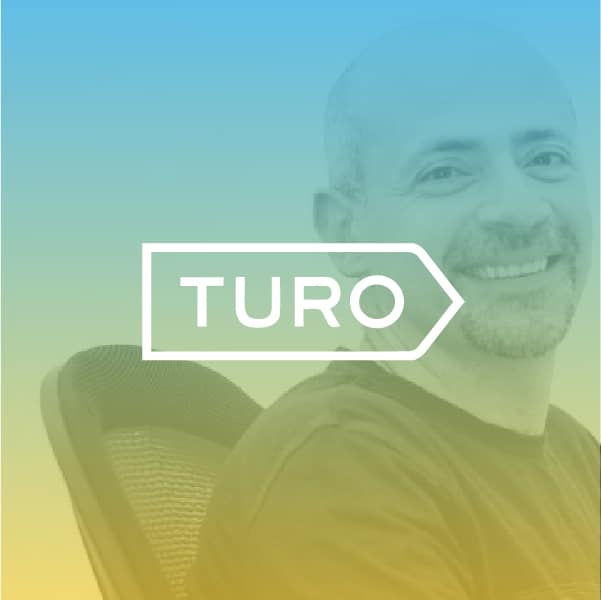“The most important investment you can make is in yourself.” —Warren Buffett
I’ve known Mike since 2006 when he was a partner at Panorama Capital. I was at SVB and responsible for the relationship with Mike’s firm. He and I often spoke about how the startup landscape was changing and, by definition, how venture capital was changing, too. Companies were staying private longer, needed less capital to get to product-market fit, and were growing faster than we had witnessed in the prior decade. He was all too familiar with this dynamic and its downsides.
Mike experienced it first hand when he ran corporate strategy and business development at Ask.com. He joined when it was still a private company and helped drive it through to a successful IPO in 1999. Having architected distribution deals like GoTo.com and acquisitions like Direct Hit, Mike was most always locked up from ever selling shares. So when the dotcom bubble burst, he ended up owing far more in taxes than his shares would ever be worth.
Another example was during Mike’s tenure at JPMorgan Partners (the predecessor to Panorama), one of the first investments he led traveled quite a bumpy road. Like most startups, the path to success was far from a linear one. Years on, the company found its stride in transforming a generations-old industry with a new approach. Having proven the business model and now aggressively scaling the business, the founding team sought some liquidity as part of the financing when Mike invested. However, that conversation was equally bumpy around the JPMP table. The prevailing thinking among VCs then was: “Why are we putting money in while they’re taking money out?”
In reality, neither the founder nor his team were trying to “cash out.” They were simply looking to solve for their particular personal situations. In the founder’s case, he had imposed upon himself a meager salary ever since the company’s founding. He was seeking to provide his family with a little financial security, to make that distraction go away and to get back to focusing on long-term company building.
Upon reflection, those two experiences are what gave Mike the formula for how our new firm could address a variety of financing needs for fast-growing companies, whether that was for the business, the employees, or early investors. However, our market entry would first focus on conducting secondary investing in a way that aligned everyone’s interests — by providing enough liquidity for the team and early financial backers. To release their pressure valve so that all could remain focused on building an enduring franchise.
Another perspective Mike brought to the formation of the firm was his experience with the Alpha Network. Having co-founded Alpha with Eric Chin of Crosslink, which is an early stage networking community of founders and CEOs, Mike learned the deeply meaningful value of “give to get”. That by selflessly and genuinely helping someone, without expectation of getting anything in return, would be the most authentic path to building real relationships with executives. This set of values that would later blossom into The Circle.
The clincher for Mike to create Founders Circle with me was his deep desire to be a founder and build something of real economic and human value. He had enthusiastically helped make other peoples’ businesses–advising as a lawyer and banker, operating as an executive, investing as a VC and angel. Now he was ready to build his own business. To be a founder helping founders. Nothing is more exhilarating for him than to work with the brilliant minds, ambitious drive, and the shrewd instincts of those who see no alternative other than to change a corner of the world.
by Ken Loveless


